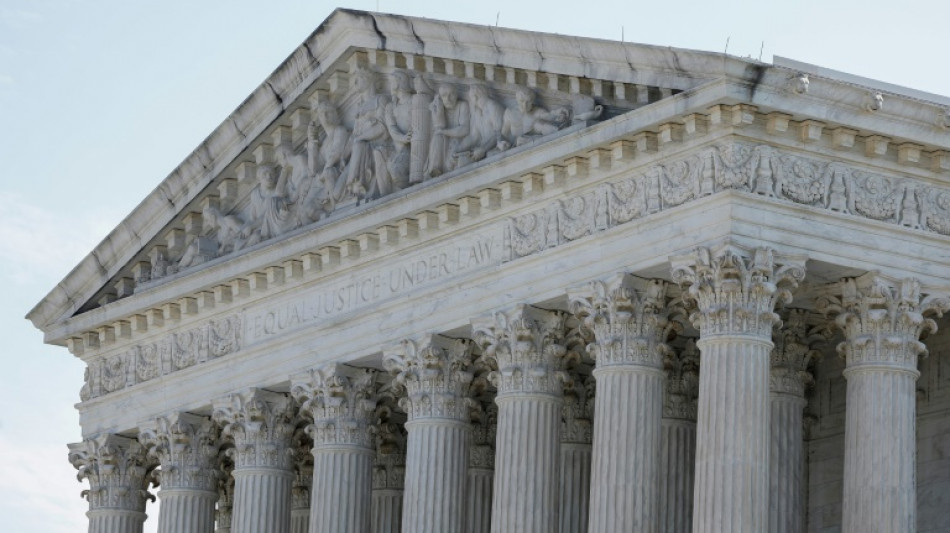

Top US court hears case of Rastafarian whose hair was cut in prison
The US Supreme Court on Monday heard the case of a devout Rastafarian who is seeking damages after his knee-length dreadlocks were forcibly shorn while he was in prison in Louisiana.
Damon Landor is seeking permission to sue individual officials of the Louisiana Department of Corrections for monetary damages for violating his religious rights.
"Without damages, officials can literally treat the law like garbage," Landor's lawyer Zachary Tripp told the court, where conservatives hold a 6-3 majority.
Louisiana has acknowledged that the treatment of Landor by prison guards was "antithetical to religious freedom" and has amended its prison grooming policy.
But the southern US state insists that federal law does not permit money damages against a state official sued in his individual capacity -- an argument that appeared to gain traction Monday among a majority of the conservative justices.
Landor, who had been growing his hair for nearly two decades, was serving the final three weeks of a five-month sentence for drug possession in 2020 when his hair was cut.
He presented prison guards with a copy of a 2017 court ruling stating that Rastafarians should be allowed to keep their dreadlocks in line with their religious beliefs.
A prison guard threw the document away and Landor was handcuffed to a chair and had his head shaved, according to court records.
An appeals court condemned Landor's "egregious" treatment but ruled that he is not eligible to sue individual prison officials for damages.
Rastafarians let their hair grow, typically in dreadlocks, as part of their beliefs in the religion which originated in Jamaica and was popularized by the late reggae singer Bob Marley.
The case unusually brought together legal advocates on both the left and the right.
The Supreme Court is generally hostile to approving damages actions against individual government officials but at the same time the right-leaning court has tended to side with the plaintiffs in religious liberty cases.
A.Wolf--BVZ



